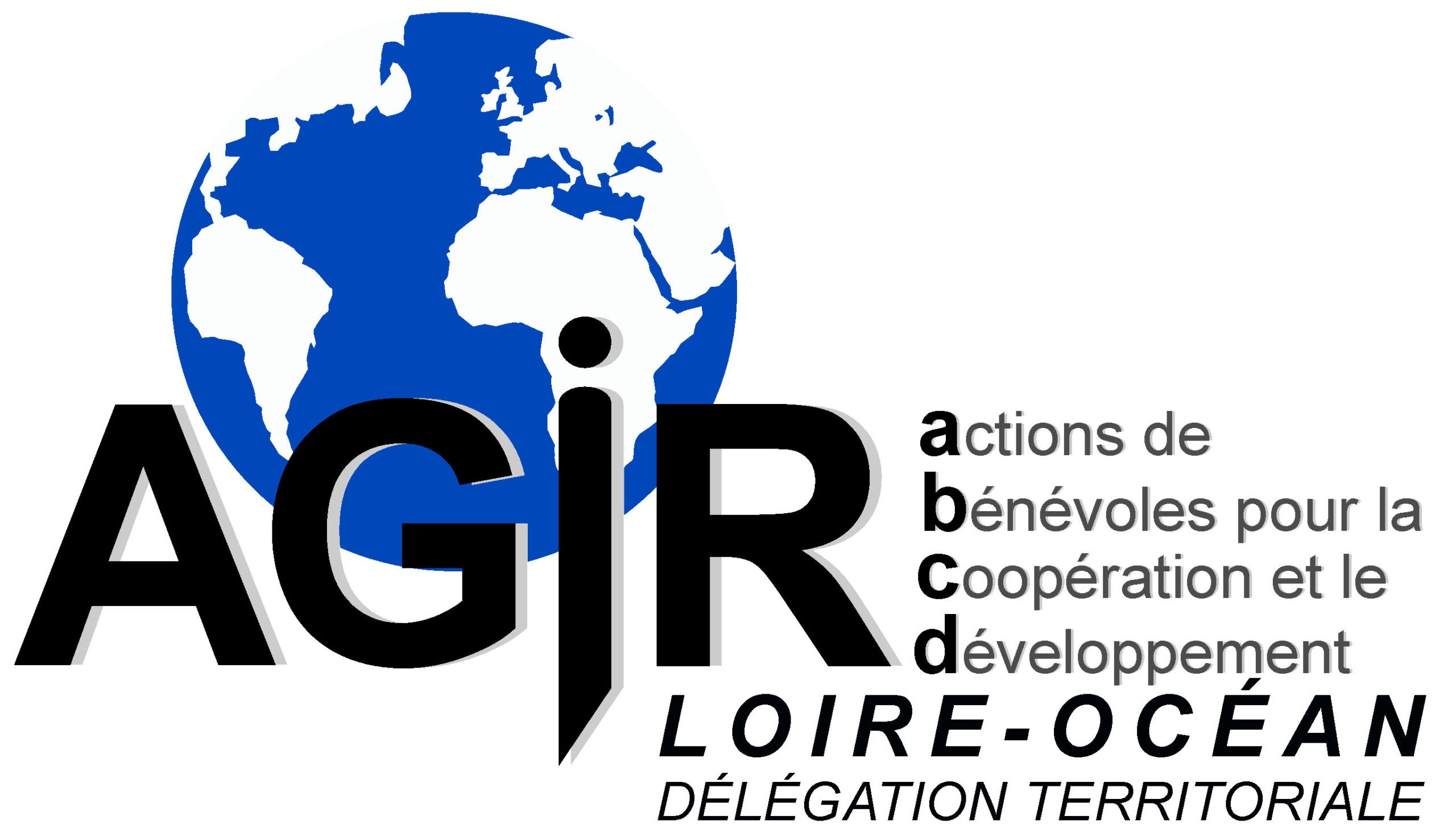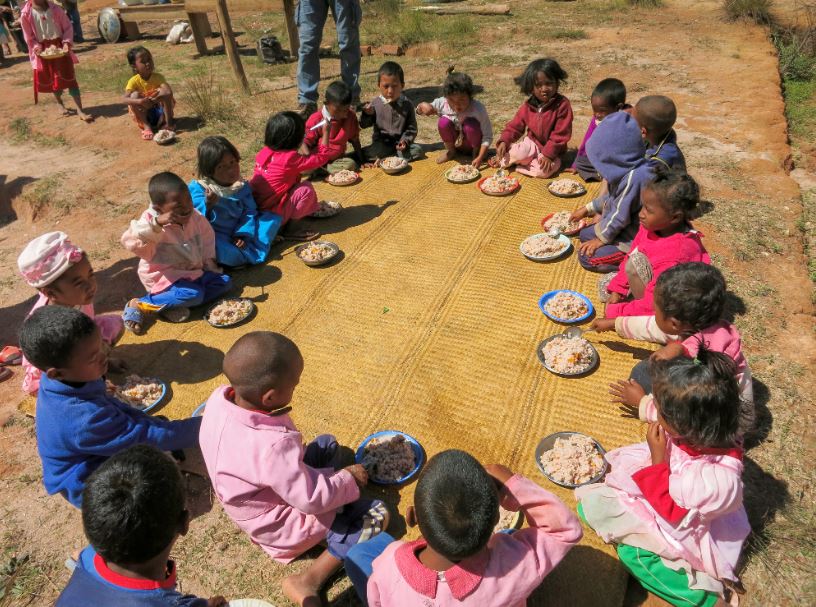
2020
The French NGO AGIR abcd, which is recognised as being of public utility, aims to promote the development and cooperation of the most vulnerable people in France and abroad, paying particular attention to education and integration. The NGO is made up solely of retired volunteers, grouped into branches spread throughout France. Since 2009, Agir abcd LOIRE OCEAN has worked in the Hauts Plateaux region of Madagascar with around fifteen public schools in order to improve living standards for the poorest children in a sustainable way. In Madagascar, the lean season is often accompanied by worsened nutritional standards for families and the closure of school canteens. Producers have sold their entire harvest and poor storage conditions make it difficult to predict this delicate period.
The project: The Foundation is supporting a programme to consolidate and sustain ten school canteens in Madagascar, by equipping kitchens and developing local agro-ecological gardens.
The Bel Foundation’s financial support enables each of the the project’s ten schools to receive a package of complementary building measures: shelters for stocks, sanitised places for kitchens and utensils, as well as improved cooking stoves that reduce deforestation and the time spent collecting wood.
In collaboration with the French NGO FERT, which is long-established in Madagascar, an agricultural adviser will also operate within schools to train parents and teachers in the management of vegetable gardens, in order to diversify the supply of canteens.
150 parents and 30 teachers will thus be trained in agro-ecology. Gardening equipment and seeds will be distributed to them.
By supporting this project, the Foundation enables the association AGIR abcd LOIRE OCEAN to provide food security to 2,350 children by preparing and distributing a daily meal throughout the year, in particular during the lean season. Beyond the school setting, 450 farmers will receive specific support in agro-ecology and 50 relay farmers will be trained, so they can then share good practices with neighbouring communities.
This project also contributes to the region’s agricultural development and lasting improvements in local people’s nutrition.
